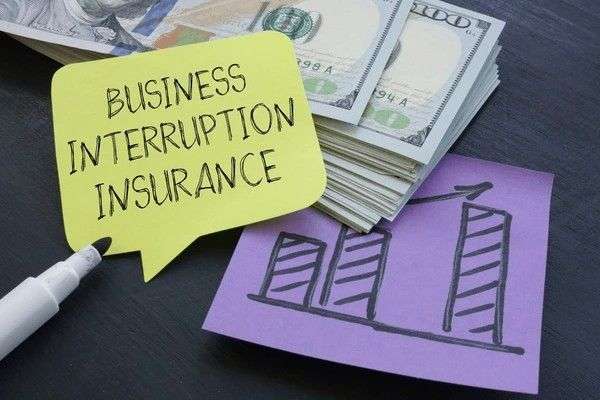A business-interruption policy is a type of insurance that helps businesses recover from financial losses caused by unexpected disruptions to their operations. These disruptions could stem from various events such as natural disasters, fires, or other unforeseen incidents that render a business temporarily unable to operate at full capacity or at all.
Table of Contents
Importance of Business-Interruption Policy
Business-interruption insurance plays a crucial role in safeguarding businesses from the financial impacts of unexpected interruptions. By providing coverage for lost income and operating expenses during downtime, this policy ensures that businesses can sustain themselves until they can resume normal operations.
Key Components of a Business-Interruption Policy
- Coverage Scope: Typically covers lost revenue and ongoing expenses that a business incurs during the interruption period.
- Trigger Events: Includes events like fires, floods, earthquakes, or other disasters specified in the policy.
- Indemnity Period: Defines the duration for which the policy provides coverage, starting from the date of the incident until the business returns to its pre-interruption operational level.
Example of Business-Interruption Policy
Imagine a small manufacturing company that experiences a fire in its production facility. The fire causes significant damage, forcing the company to cease operations temporarily while repairs are underway. During this period, the company’s business-interruption insurance kicks in, covering the lost revenue from halted production and the ongoing expenses such as payroll and rent. This allows the company to stay afloat financially until the facility is restored, and production resumes.
Reference
Business-interruption policies are standard in many commercial insurance packages. Insurers provide specific terms and coverage details tailored to the needs of different businesses.
Conclusion
In summary, a business-interruption policy serves as a financial safety net for businesses facing unexpected disruptions. It ensures continuity by covering lost income and essential expenses during periods of halted operations due to unforeseen events. Understanding and investing in this type of insurance can significantly mitigate the financial risks associated with business interruptions, making it a vital aspect of comprehensive risk management for businesses of all sizes.





